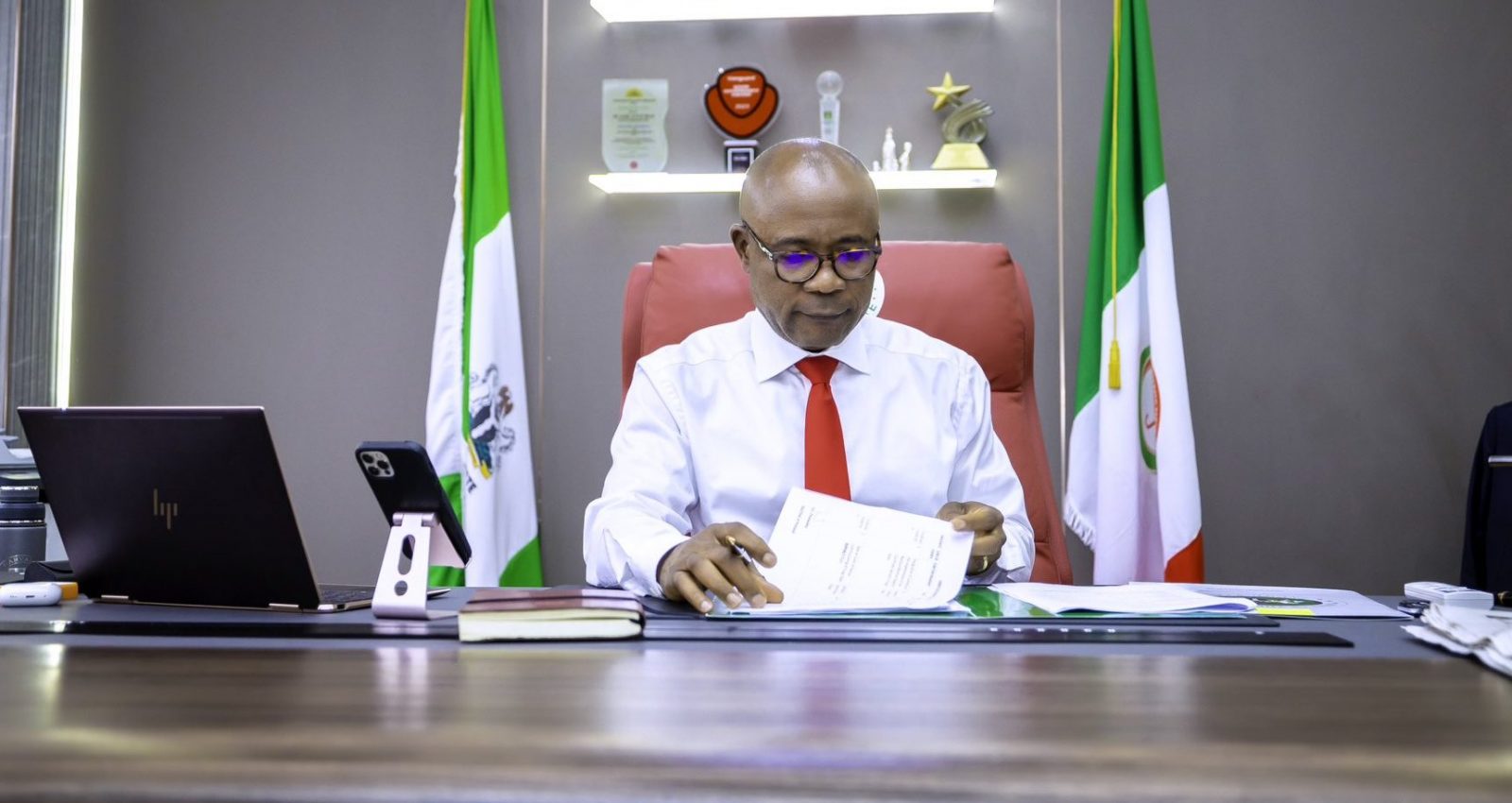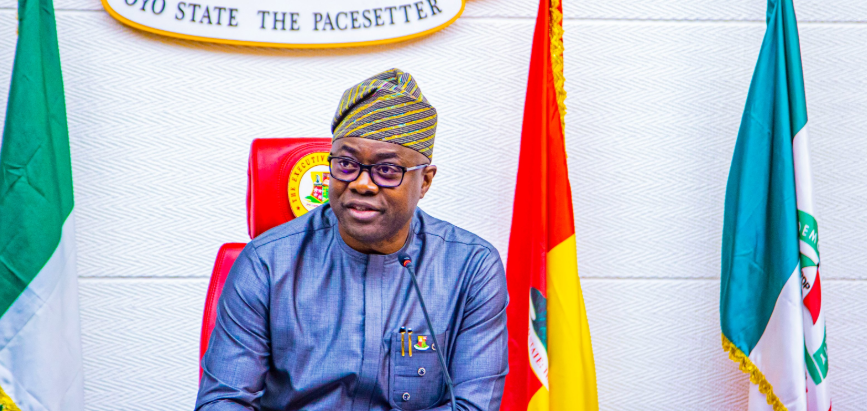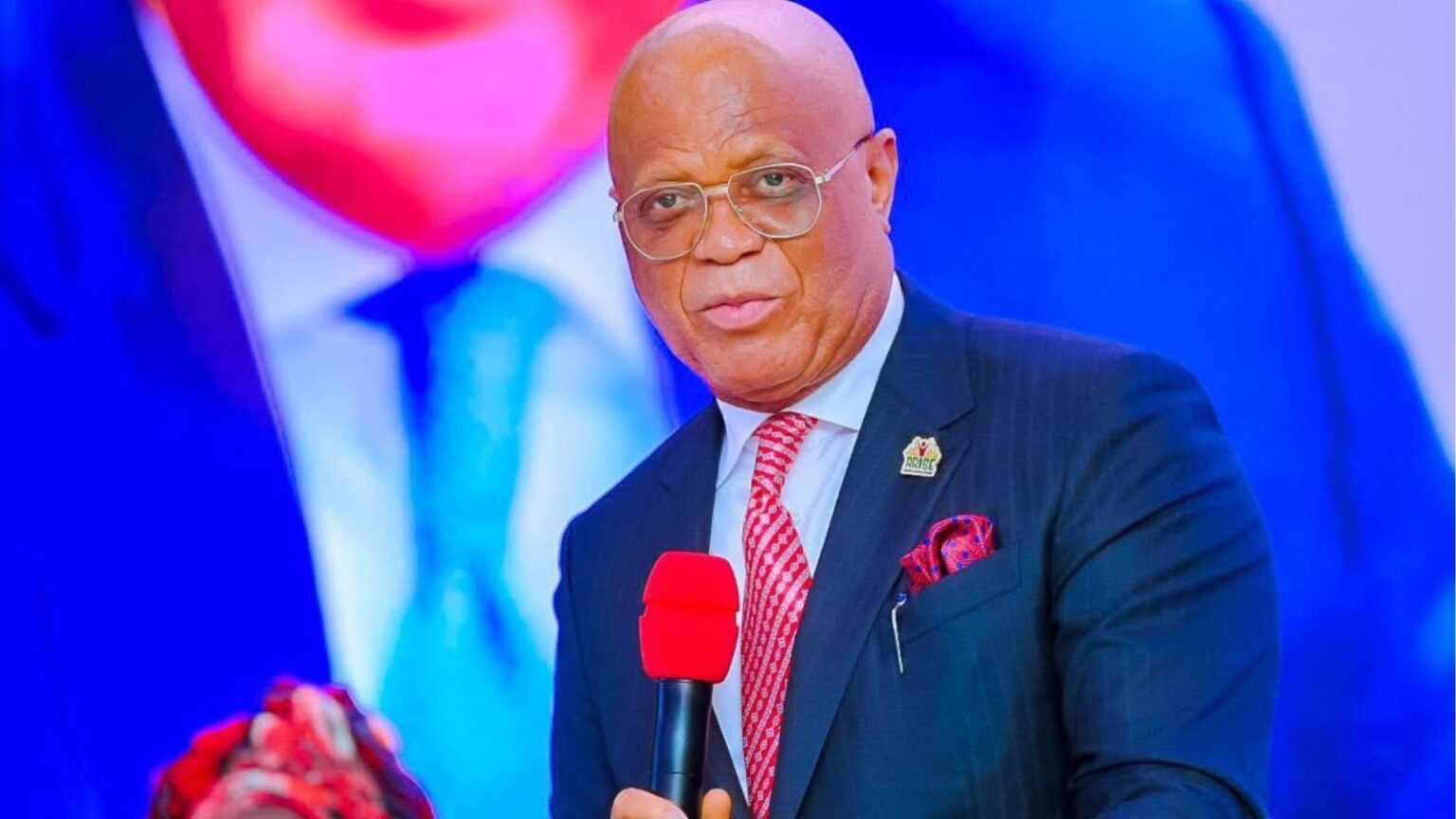PRESIDENCY REFUTES WORLD BANK’S ASSESSMENT ON POVERTY
Written by Oluwaseyi Amosun on October 9, 2025

Photo File: President Bola Ahmed Tinubu
The Nigerian Presidency has rejected the World Bank’s recent estimate that 139 million Nigerians are currently living in poverty, describing the figure as “unrealistic” and detached from local economic realities.
The response came Wednesday from President Bola Tinubu’s Special Adviser on Media and Public Communication, Sunday Dare, who posted on his official X handle that while Nigeria values its relationship with the World Bank, the poverty data needs to be “properly contextualised.”
“While Nigeria values its partnership with the World Bank and appreciates its contributions to policy analysis, the figure quoted must be properly contextualised. It is unrealistic,” Dare said.
According to the Presidency, the 139 million figure is a modelled estimate based on the global poverty line of $2.15 per day, a benchmark set in 2017 under Purchasing Power Parity (PPP) terms. When adjusted for current exchange rates, the benchmark translates to nearly ₦100,000 per month, far exceeding Nigeria’s new minimum wage of ₦70,000.
“There must be caution against interpreting the World Bank’s numbers as a literal, real-time headcount. The estimate is derived from a global poverty line… not a direct reflection of local income realities,” the Presidency added.
It also noted that the PPP methodology used by the World Bank relies on historical consumption data — with Nigeria’s last household survey conducted in 2018/19 — and does not fully account for the country’s vast informal and subsistence economies, which support millions of citizens.
The Presidency argued that the most important indicator is the direction of change, not a static figure, insisting that Nigeria is now on a trajectory of economic recovery and inclusive reform under the Tinubu administration.
Citing its ongoing reform agenda, the Presidency highlighted several initiatives targeted at poverty alleviation and structural transformation: Conditional Cash Transfers to over 15 million households, with over ₦297 billion disbursed since 2023. The Renewed Hope Ward Development Programme, covering all 8,809 electoral wards to deliver grassroots services.
Revamped National Social Investment Programmes (N-Power, GEEP loans, School Feeding). Subsidized food and fertilizer distribution under Food Security Initiatives. The Renewed Hope Infrastructure Fund, financing road, housing, and energy projects. A new National Credit Guarantee Company to improve access to credit for small businesses and youth entrepreneurs.
The statement added that recent macroeconomic reforms including the removal of fuel subsidies, exchange rate unification, and a shift in fiscal policy are aimed at addressing the structural roots of poverty, rather than applying short-term fixes.
“Even the World Bank has acknowledged that these reforms are restoring macroeconomic stability and growth momentum,” the Presidency said.
It reaffirmed President Tinubu’s commitment to building a resilient, inclusive economy, where growth translates into tangible improvements in income, jobs, food access, and infrastructure.
“Nigeria rejects exaggerated statistical interpretations detached from local realities. The government remains focused on empowering households, expanding opportunity, and laying the foundation for a fairer, more prosperous nation,” it concluded.
Earlier on Wednesday, the World Bank launched its October 2025 Nigeria Development Update, titled “From Policy to People: Bringing the Reform Gains Home.” It commended the Tinubu administration for implementing foundational reforms but warned that their benefits are yet to reach ordinary Nigerians.
World Bank Country Director for Nigeria, Mathew Verghis, acknowledged that fuel subsidy removal and exchange rate reforms have stabilized the economy. However, he warned that poverty has continued to rise, estimating that 139 million Nigerians now live below the poverty line-up from 129 million in April 2025 and 87 million in 2023. “Despite stabilization gains, many households are still struggling with eroded purchasing power,” Verghis said, warning that failure to bridge the gap between reform and real-life improvement could undermine Nigeria’s progress.
The World Bank’s report triggered a wave of political and civil society reactions, with opposition parties, labour unions, and economists highlighting growing hardship across the country. Labour Party spokesperson Tony Akeni said the rising poverty figures reflect daily realities:
“While the President talks about growth and reduced inflation, these are only figures on paper. They haven’t translated into any advantage for the ordinary Nigerian.” New Nigeria People’s Party spokesman, Ladipo Johnson, said poverty could deepen further unless the government shifts focus from loans and rhetoric to concrete welfare action.
Timothy Osadolor, Deputy Youth Leader of the Peoples Democratic Party (PDP), was more direct: “We don’t need the World Bank or the UN to tell us there’s hunger in the land. You can see it on the faces of Nigerians everywhere.”
African Democratic Congress spokesperson Bola Abdullahi dismissed government claims of progress as “meaningless,” while Nigeria Labour Congress official Chris Onyeka lamented that even the new minimum wage barely covers basic food expenses. “We know the truth. Millions are struggling to meet basic needs. Poverty is not a statistic — it’s a lived reality,” Onyeka said.
Economists say the government’s structural reforms are necessary but acknowledge a lag between macroeconomic recovery and improvements in household welfare. Muda Yusuf, head of the Centre for the Promotion of Private Enterprise, said reform policies have temporarily worsened poverty through inflation and currency devaluation.
Prof. Akpan Ekpo, former Vice Chancellor of the University of Uyo, argued that sustained double-digit growth is needed to meaningfully reduce poverty.
Teslim Shitta-Bey, Proshare Nigeria Chief Economist, urged the government to “ensure reform gains are translated into purchasing power and job opportunities.”
“Growth is good, but it must be inclusive. Nigeria must now focus on affordable food, stable power, digital skills, and enterprise support,” Shitta-Bey said.
While the Presidency has dismissed the World Bank’s poverty estimate as detached from ground realities, many Nigerians—including economists and opposition figures—say rising poverty is both visible and painful.
The challenge for President Tinubu’s administration remains not just implementing bold reforms but ensuring they translate into real and measurable improvements in the lives of citizens.






 Eagle Fm
Eagle Fm